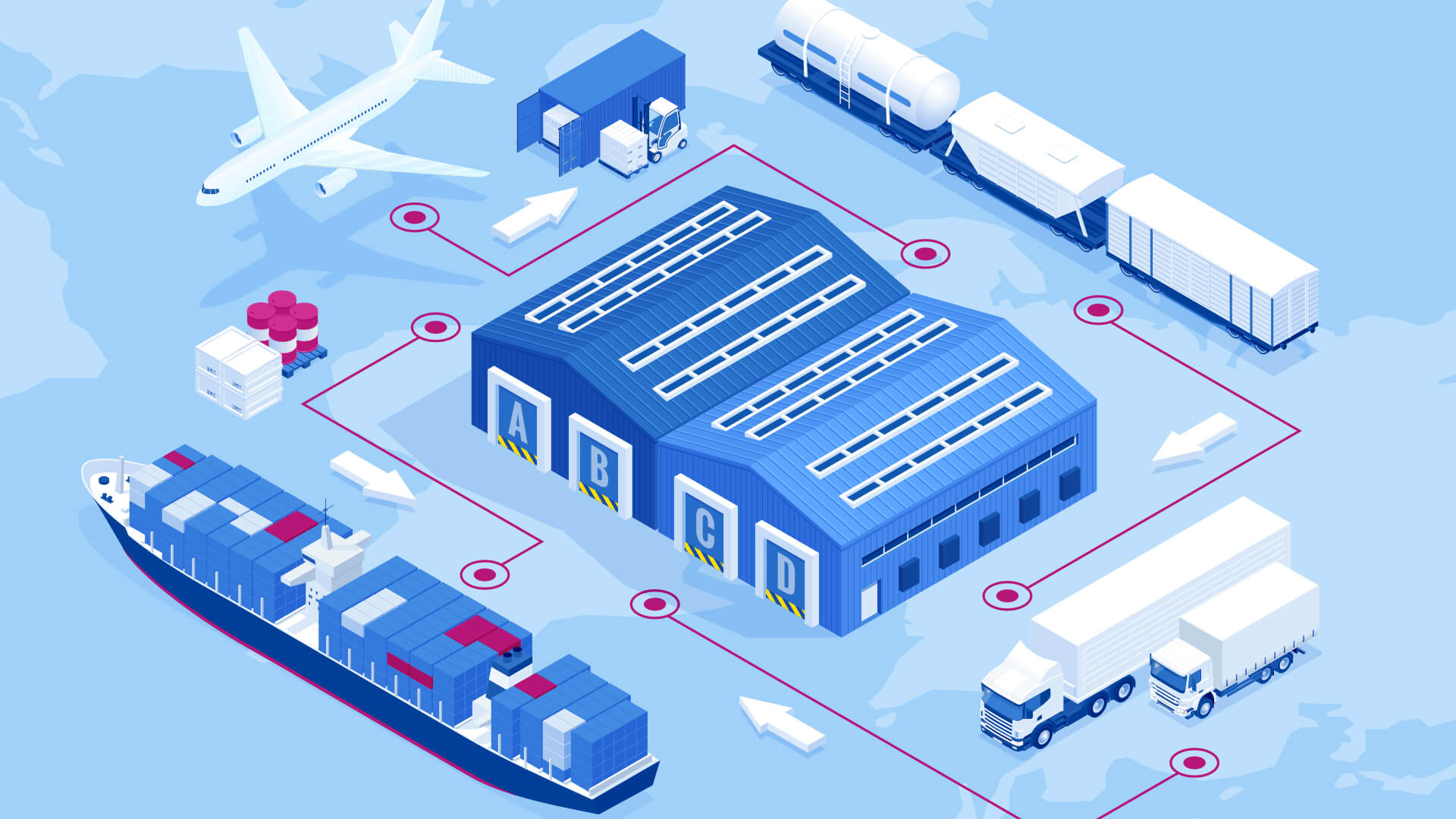By Jacqueline Hughes is a senior risk analyst at risk management consultancy, Equib.
Almost two thirds of the products and materials used by the UK construction sector are imported from the European Union and this territory also accounts for around eight percent of its workforce. Concern is growing that despite the recently agreed UK/EU trade deal, friction at borders, new paperwork and additional compliance costs could impact project outcomes, leading to delays and cost overruns. So, what can project managers do to mitigate against Brexit-related risks within their supply chains?
The supply chain risks facing UK project managers have increased significantly since the start of the year. Disruption at UK/EU borders could result in delays of critical construction materials. New business immigration rules could also pose challenges for the industry when it comes to sourcing skilled labour from the EU. This could all have a knock-on impact on project budgets and timescales.
Adopting a risk-focused approach from the outset can help project managers to de-risk supply chains in line with the new trading environment. This should involve conducting detailed scenario planning for the various situations that could occur when sourcing materials or labour from the EU. Managers should then consider the steps that could be taken to reduce the likelihood of these risks occurring, or to mitigate their impact. For example, in the event that the supply of critical materials is delayed, would it be possible to re-schedule construction activities to ensure that the project is still delivered on time? In this way, project managers can stress test their strategy and develop a proactive plan for dealing withdifferent kinds of risks.
Effective horizon scanning can also help to inform the decision-making process, allowing project managers to conduct scenario planning for the short, medium and long-term by considering what their operating environment might look like in five, 10, 15 or 20 years’ time. For example, there might be an opportunity to switch to a UK-based supply chain or put in place dual sourcing arrangements, to reduce procurement costs and mitigate the risk of disruption.
Proper risk allocation is also key to the effective management of Brexit-related risks within construction supply chains. Often, end clients may be unwilling to manage risk. This may cause them to push risk responsibility down the supply chain, to sub-contractors who are even less equipped to shoulder the responsibility for managing them. However, this can cause an unwanted chain reaction. Contractors are forced to either inflate prices to cover themselves if something goes wrong, or else assume excessive risk exposure. In a worst-case scenario, this could cause businesses to fail, as happened with Carillion. Greater risk understanding and more contractor involvement at the design and planning stage can facilitate realistic budget and schedule setting, reducing the likelihood of project overruns and improving outcomes.
In order to tackle risks related to the use of skilled EU workers in the short-term, project managers must ensure they have a clear understanding of the post-Brexit environment and related business immigration legislation. However, to future-proof the industry, an innovative strategy is needed for developing domestic construction skills. Efforts must also be taken to improve the reputation of construction careers, improve diversity in the sector and bring wages into line with other UK industries.
Ultimately, the process of adapting supply chains to the new post-Brexit environment will require a delicate balancing act, involving short-term adaptations and planning for the future. By considering how risks might evolve over time, project managers will be better placed to tackle risk across the supply chain and keep projects on track.
































